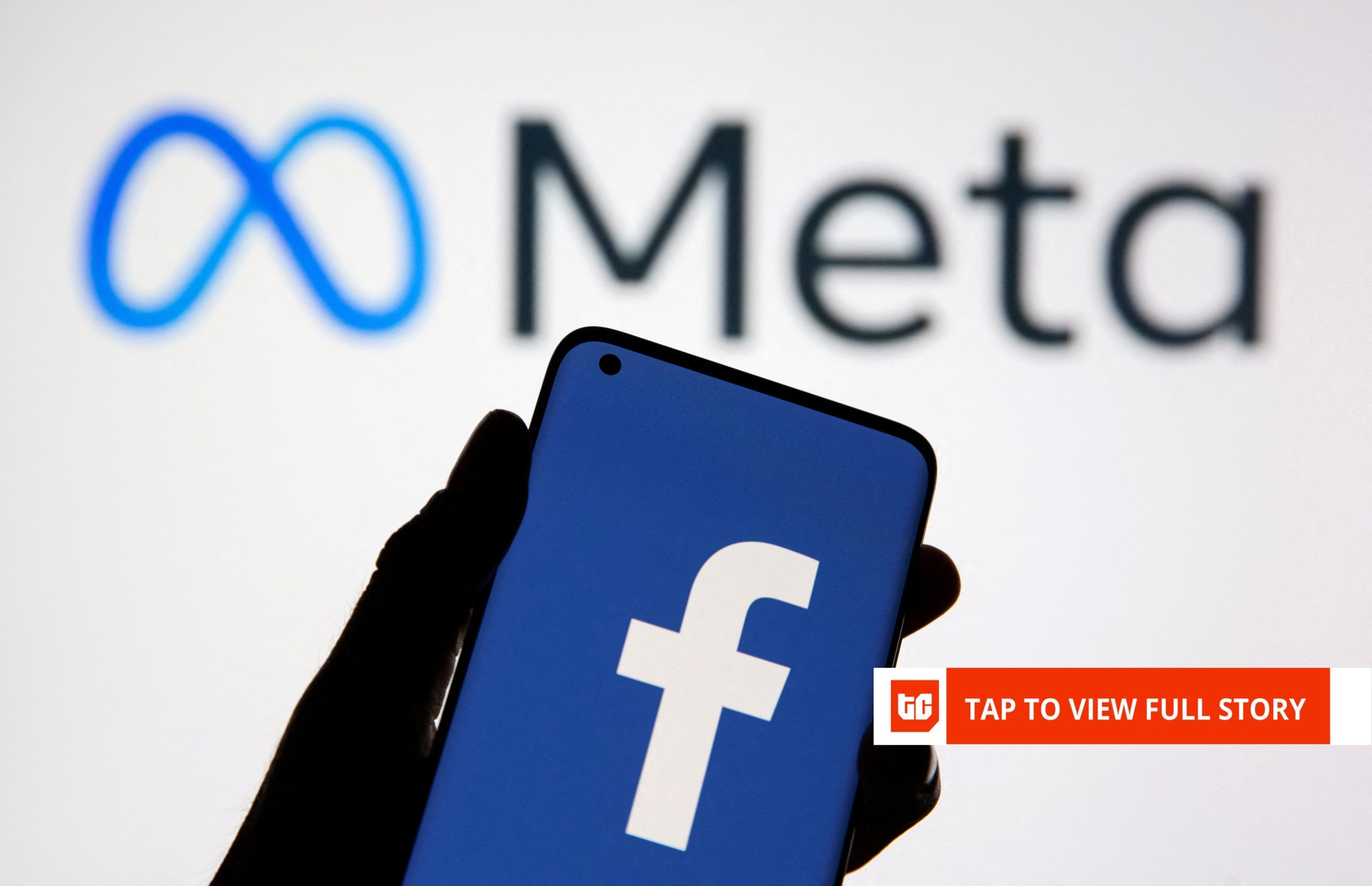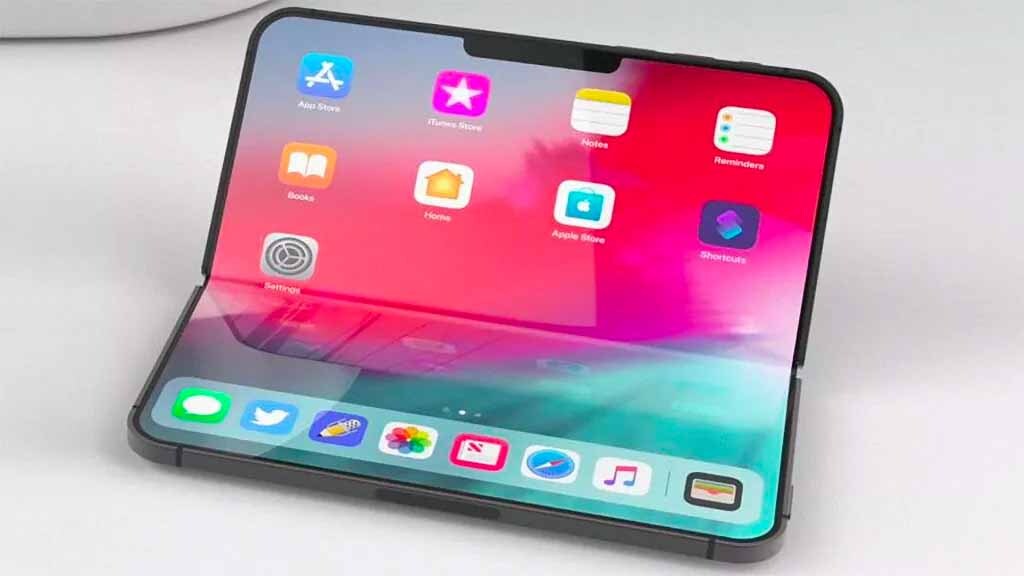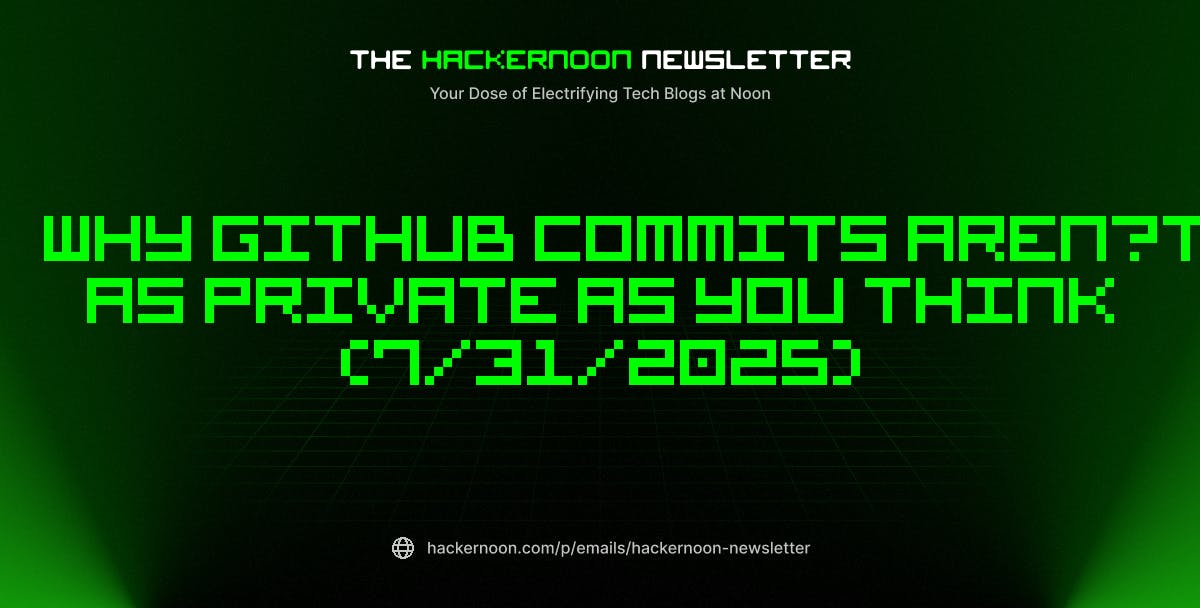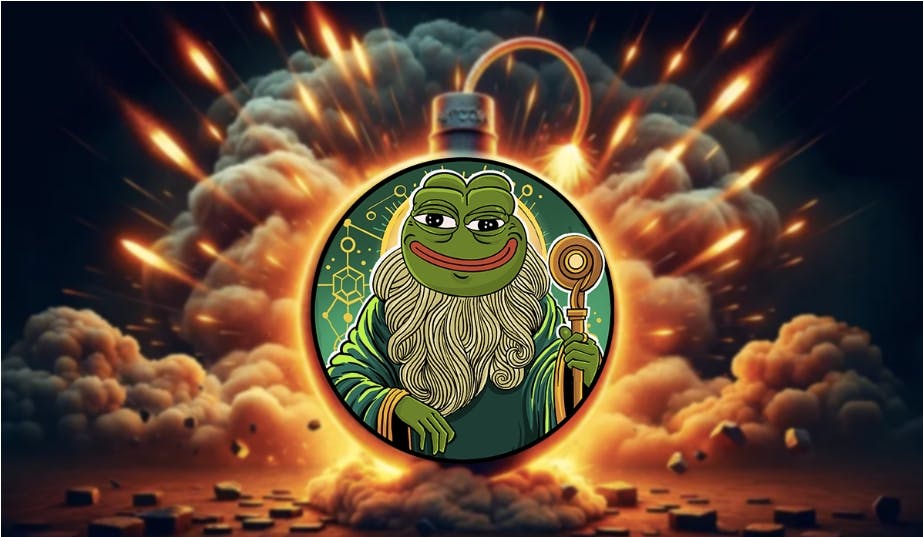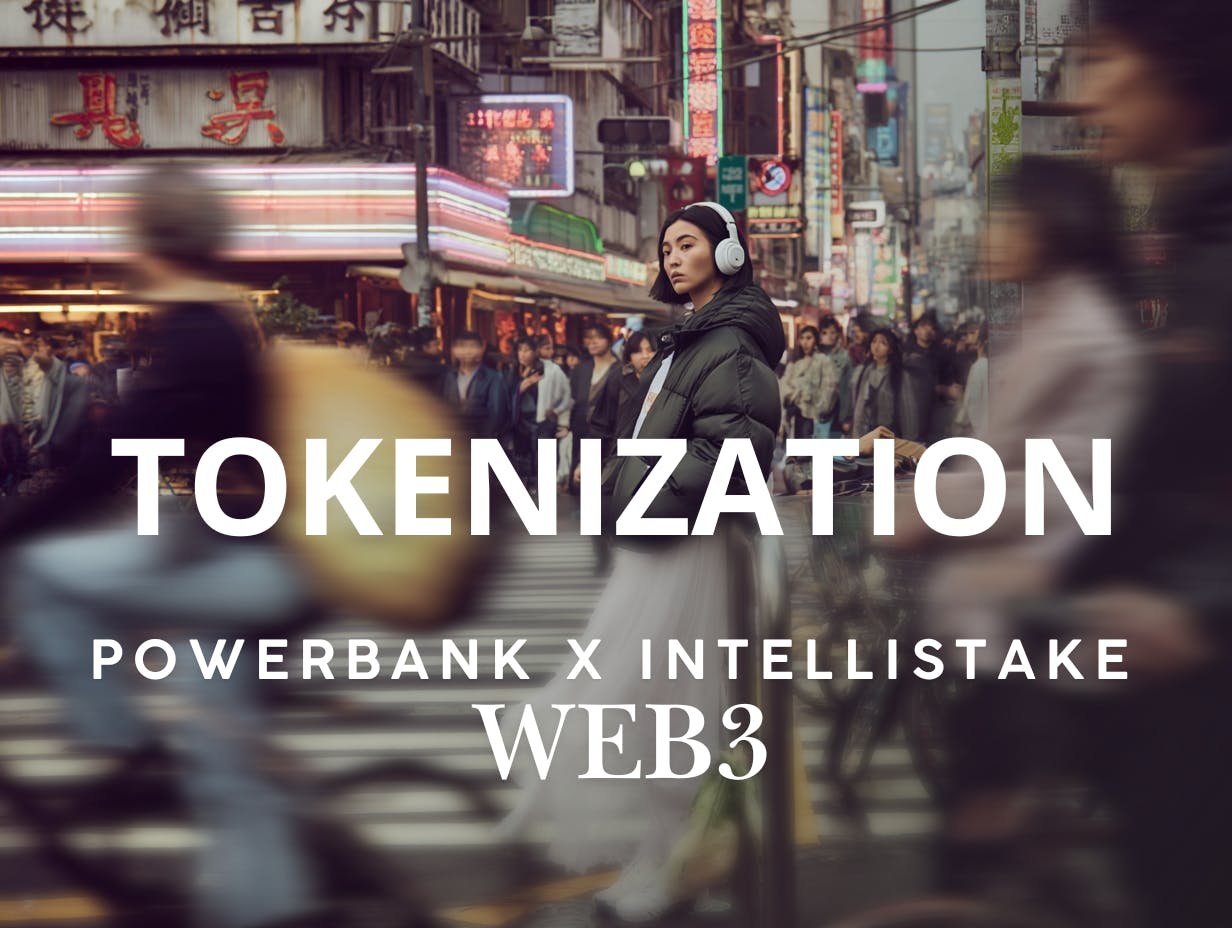When the dam breaks, the floodgates open. For Elon Musk, the floodgates are open.
After Somalia and Lesotho, Starlink, the Musk-owned satellite internet provider, is now available in the Democratic Republic of Congo (DR Congo)—this is according to Musk who posted “Starlink available in Congo!” on X on Sunday.
But the country’s telecom regulator says it will grant Starlink an operating licence in the “coming days” and Starlink’s availability map says the satellite ISP will be live in May 2025.
DR Congo will be the third African country to grant Starlink passage in less than two months since the US tariffs kicked in—making it four in total for 2025, the same number of African countries Starlink added by August 2024. DR Congo is singing a different tune after previously banning Starlink. Why?
Like Lesotho, DR Congo asked for a US favour to bring in Starlink in exchange. The country is currently in the middle of a conflict, facing opposition from M23, a rebel group allegedly backed by Rwanda, fighting for control in the mineral-rich country for years. DR Congo has asked the US government for support in its fight against the M23 in exchange for its minerals. Trump has said that the US will initiate peace talks between the two countries (not declining the offer, of course.)
What’s driving this fast business? With US President Trump’s tariffs and Elon Musk’s official role heading the Department of Government Efficiency (DOGE)—plus his influence as a senior advisor to Trump—Starlink is doing business at the right time with a key person (Musk) at the right place.
There’s something curious about Musk’s recent ridiculous amount of goodwill with African regulators. Why do these regulators think that a Starlink passage is good enough for a trade negotiation or some favour with the US? This shows the level of closeness Musk has with Trump right now. Through the DOGE, Musk has been in direct negotiation lanes with world leaders.
Now there’s talk that Musk may step back from DOGE to refocus on Tesla, his electric vehicle (EV) manufacturing company, after shareholder pressure. If he does, does Starlink still carry the same weight in trade circles?
And then, what will it be for African governments and regulators that can no longer play the Starlink card?
It’s either to sink or swim—entirely on their own.

